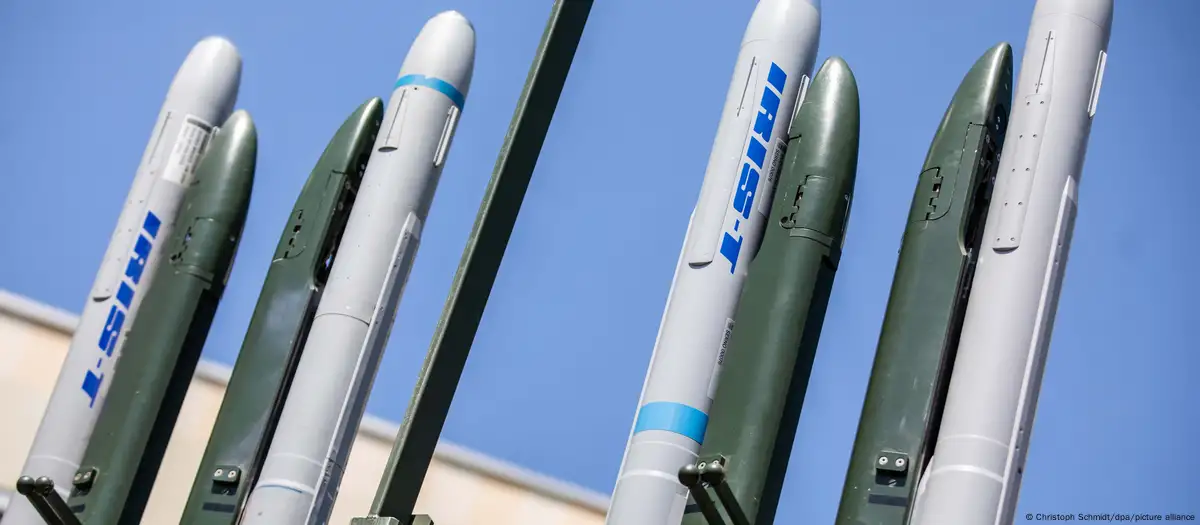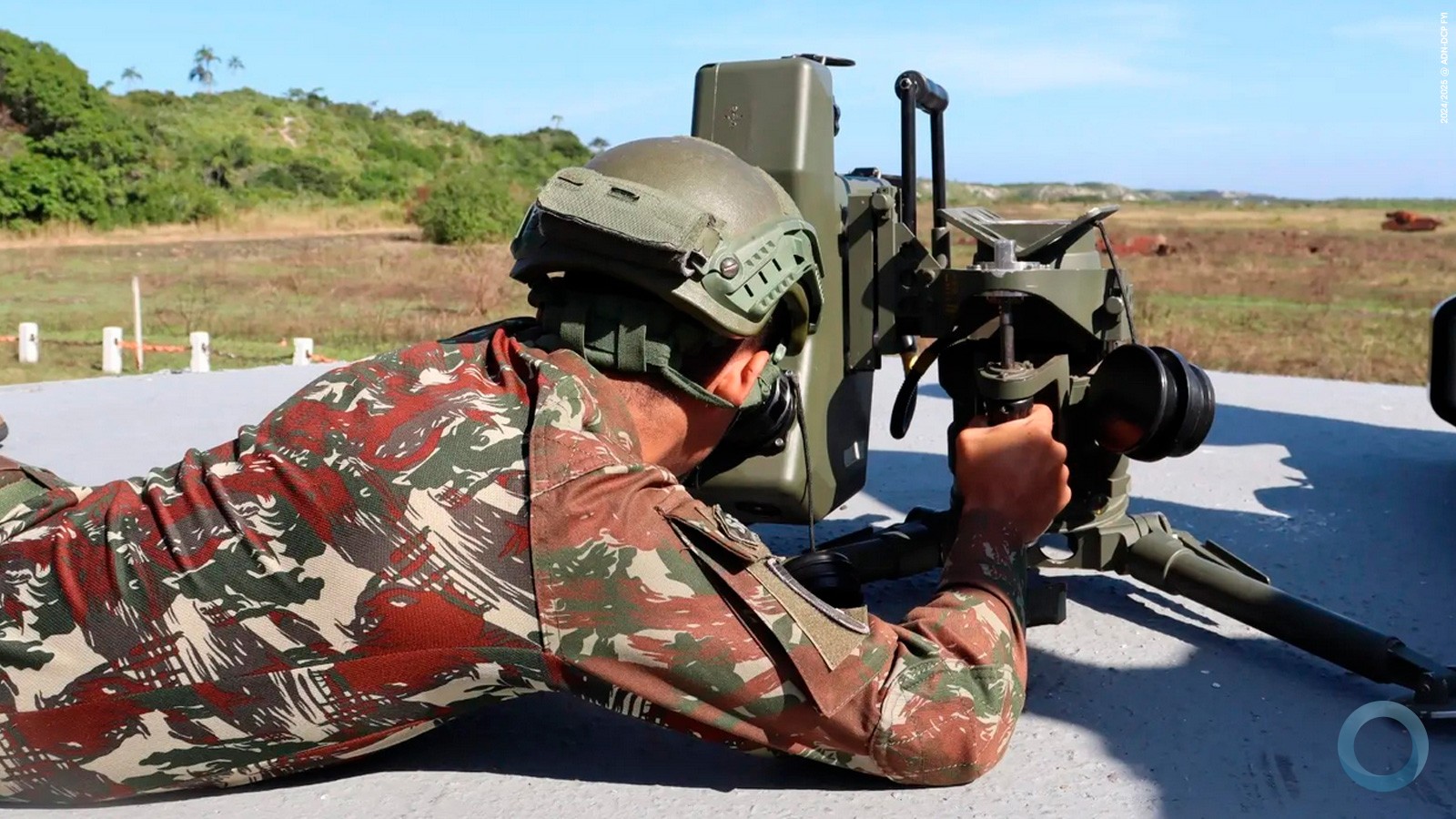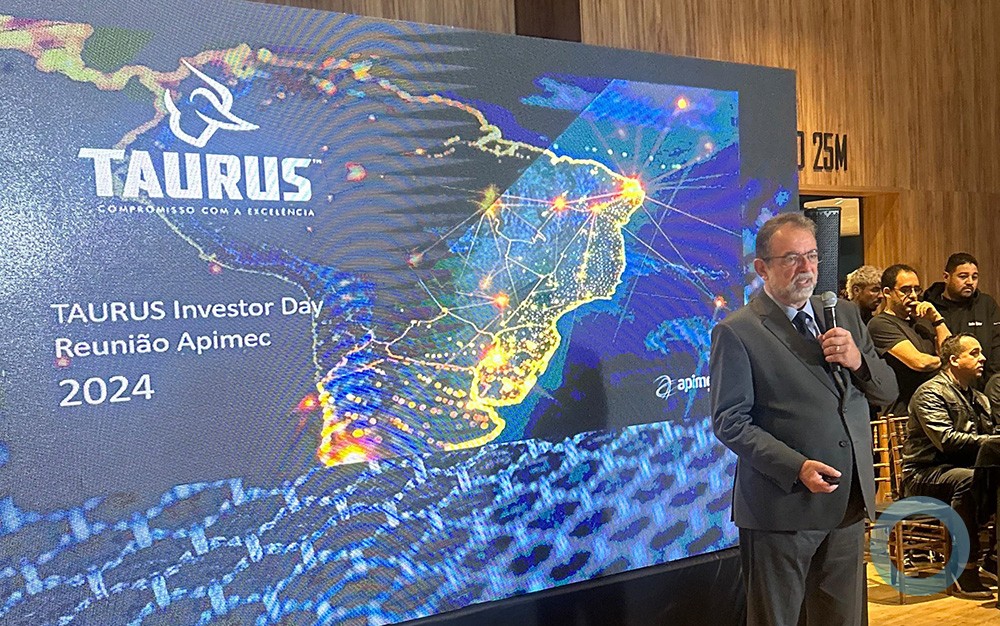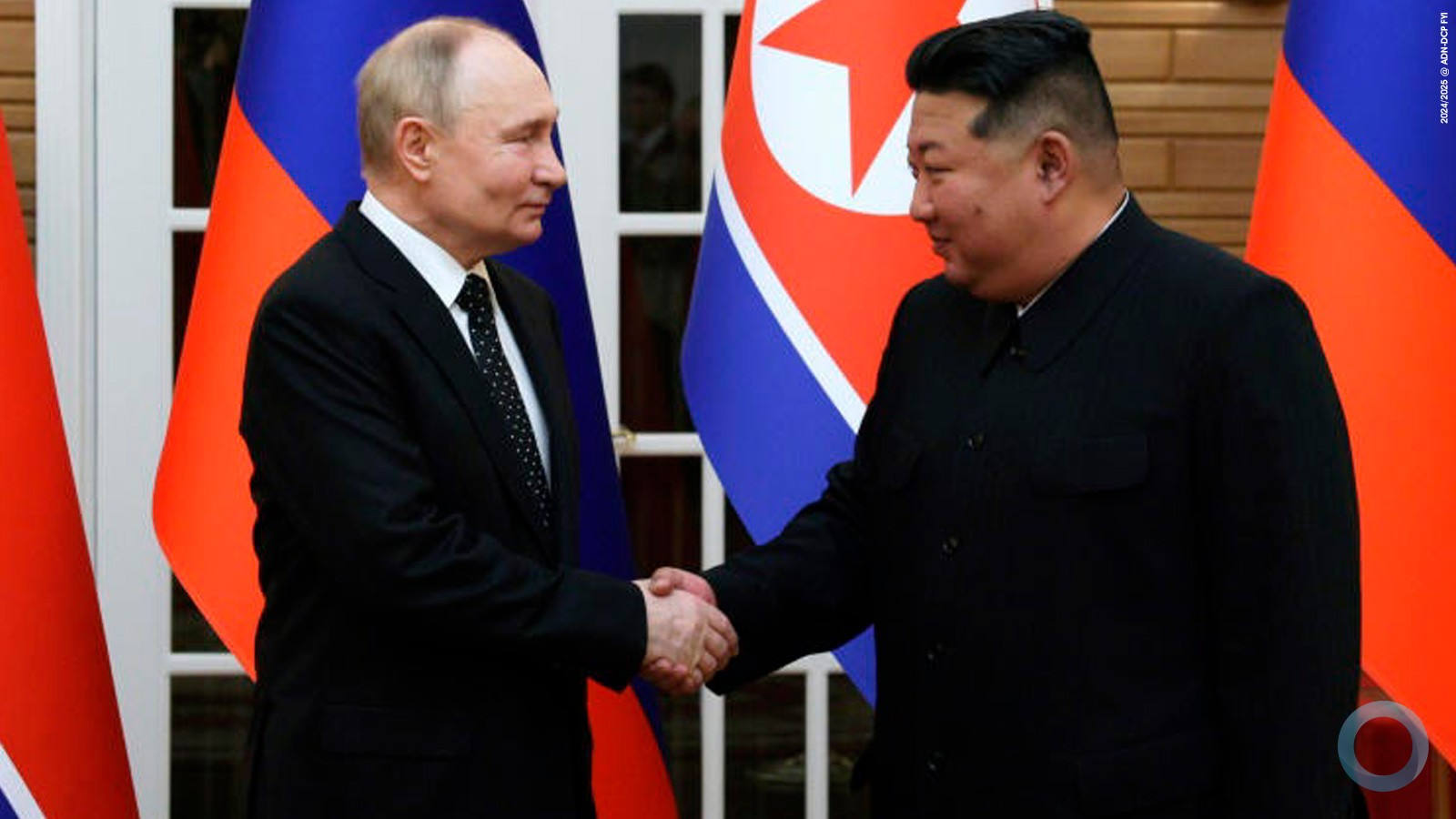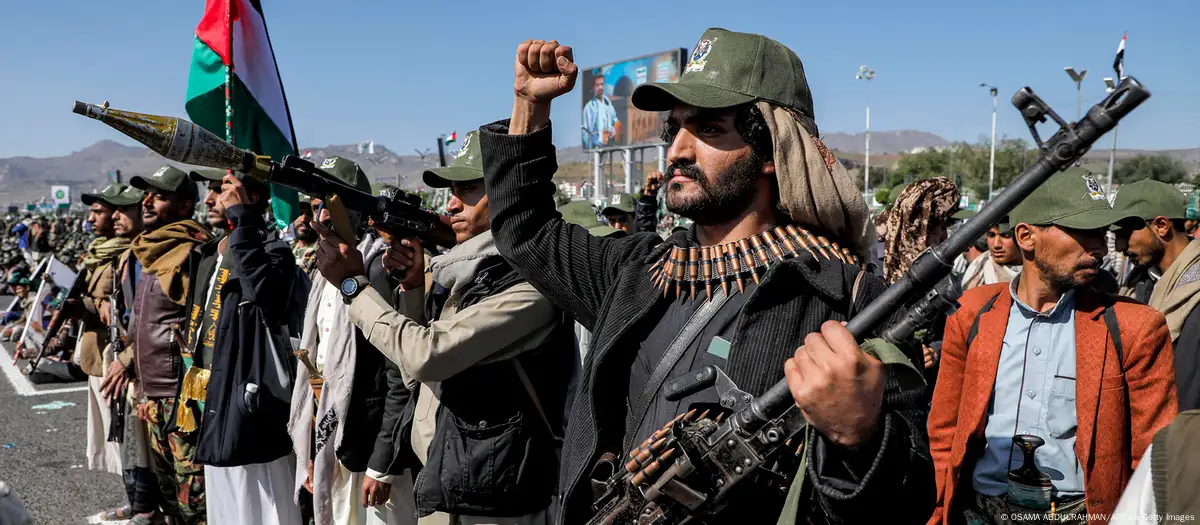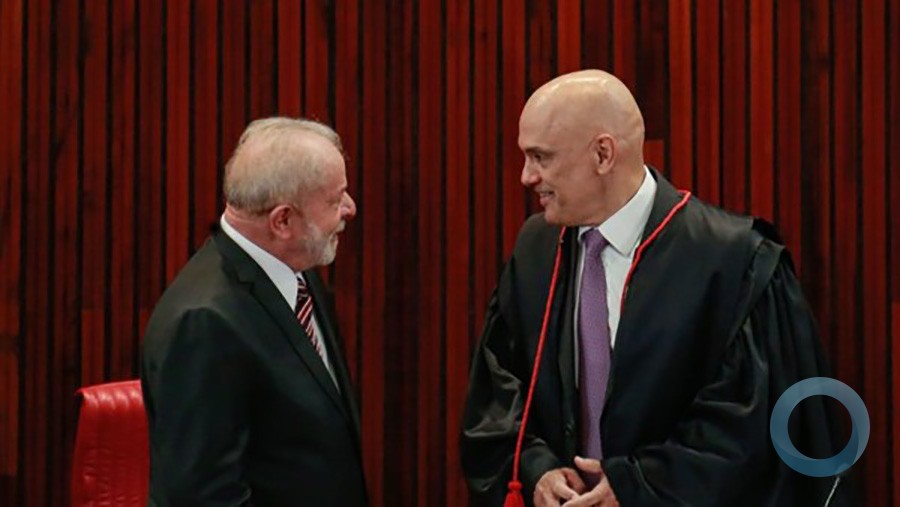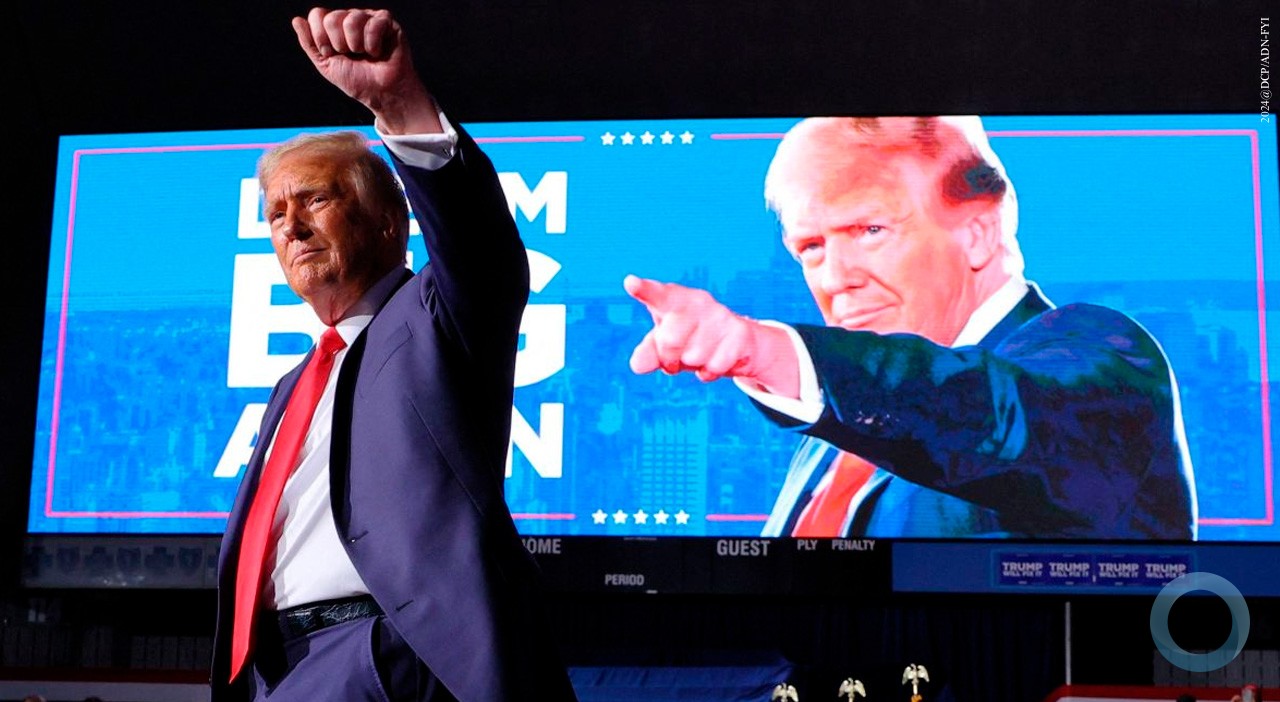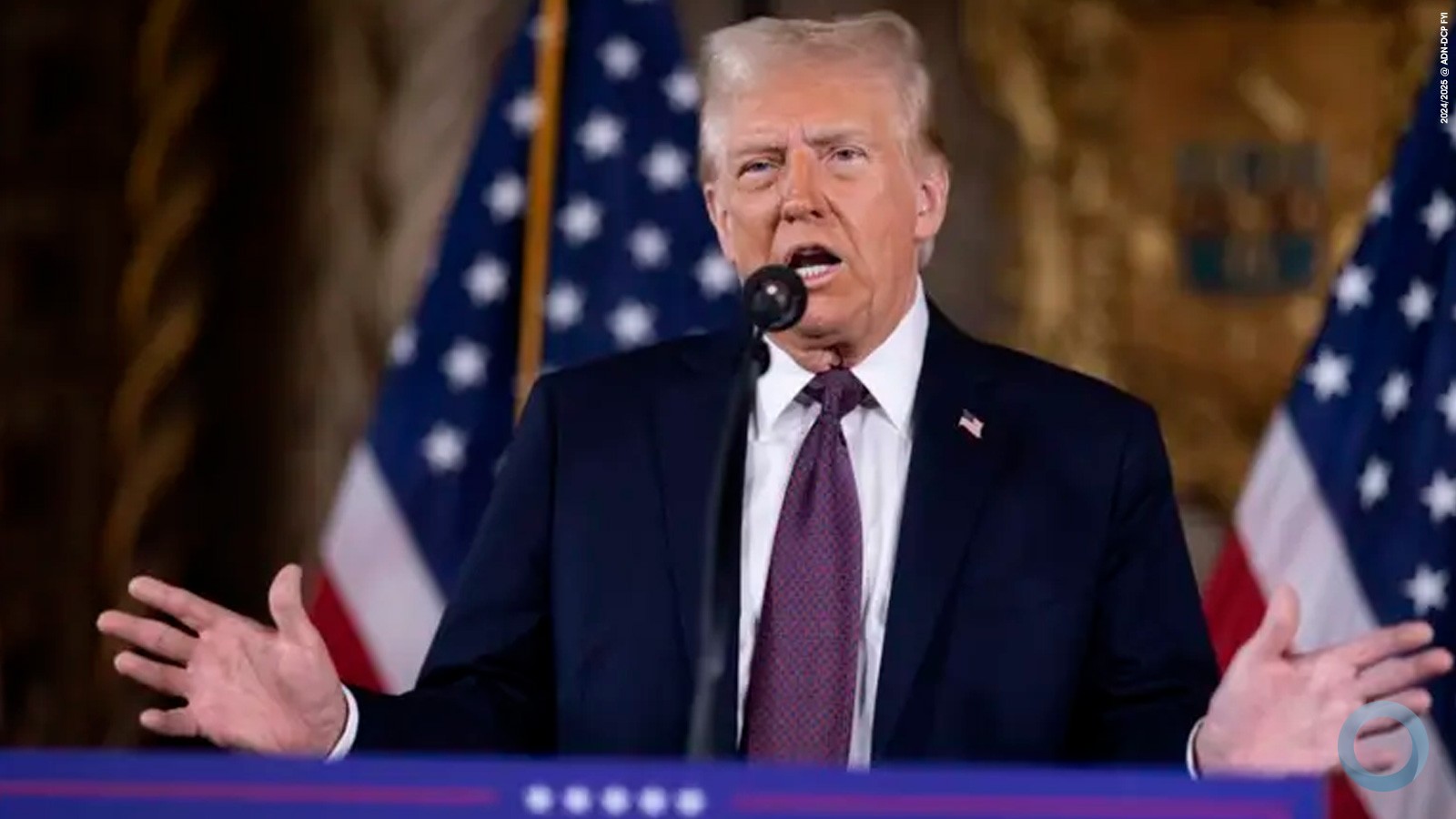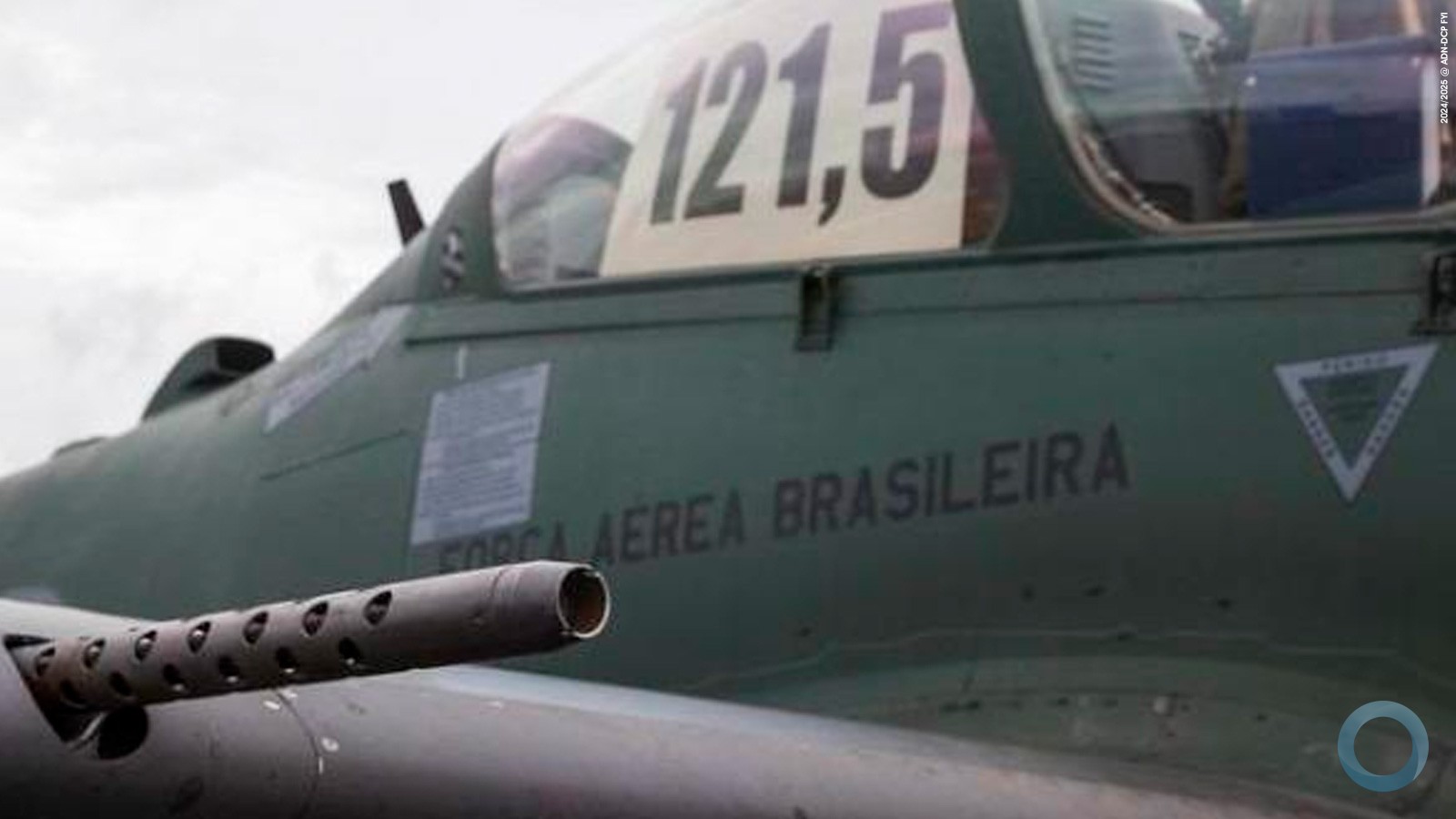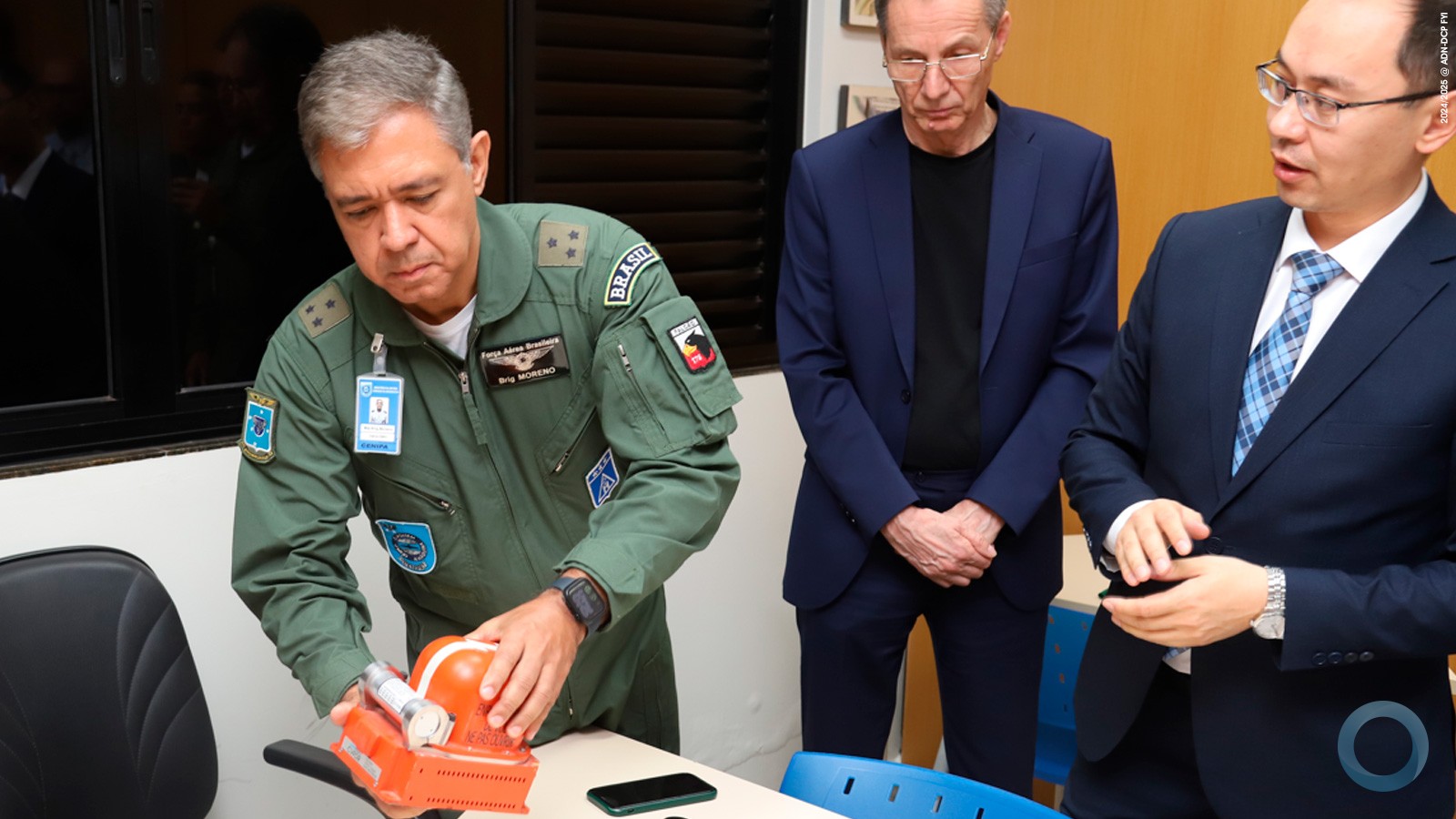px;">U.S. sanctions China for buying Russian fighter jets, missiles
Lesley Wroughton, Patricia Zengerle
WASHINGTON (Reuters) – The Trump administration imposed sanctions on the Chinese military on Thursday for buying fighter jets and missile systems from Russia, in breach of a sweeping U.S. sanctions law punishing Moscow for meddling in the 2016 U.S. election.
The U.S. State Department said it would immediately impose sanctions on China’s Equipment Development Department (EDD), the military branch responsible for weapons and equipment, and its director, Li Shangfu, for engaging in “significant transactions” with Rosoboronexport, Russia’s main arms exporter.
The sanctions are related to China’s purchase of 10 SU-35 combat aircraft in 2017 and S-400 surface-to-air missile system-related equipment in 2018, the State Department said.
They block the Chinese agency, and Li, from applying for export licenses and participating in the U.S. financial system.
It also adds them to the Treasury Department’s list of specially designated individuals with whom Americans are barred from doing business.
The U.S. also blacklisted another 33 people and entities associated with the Russian military and intelligence, adding them to a list under the 2017 law, known as the Countering America’s Adversaries Through Sanctions Act, or CAATSA.
CAATSA also seeks to punish Russia for its aggression in Ukraine and involvement in Syria’s civil war.
“China expresses strong indignation at these unreasonable actions by the U.S. side and has already lodged stern representations,” Chinese Foreign Ministry spokesman Geng Shuang told reporters in Beijing, adding the moved seriously harmed bilateral relations and military ties.
“We strongly urge the U.S. side to immediately correct the mistake and rescind the so-called sanctions, otherwise the U.S. side will necessarily bear responsibility for the consequences,” he said, without giving details.
China has “normal” military exchanges and cooperation with Russia, aimed at protecting regional peace and stability, which is not against international law or aimed at any third party, Geng added.
China will continue to work with Russia to promote strategic cooperation at an even higher level, he said.
Doing significant business with anyone on the U.S. blacklist can trigger sanctions like those imposed on China.
Some of those added to the list, which now contains 72 names, were indicted in connection with Russian interference in the 2016 U.S. election, a U.S. official said.
President Donald Trump on Thursday issued an executive order intended to facilitate implementation of the sanctions.
A federal special counsel is leading a criminal investigation of Russian interference in the U.S. election, and any possible cooperation with Trump’s presidential campaign.
Trump has insisted there was no collusion with Russia. Moscow denies any effort to meddle in U.S. politics.
FILE PHOTO: Sukhoi Su-35 multi-role fighters of the Sokoly Rossii (Falcons of Russia) aerobatic team fly in formation during a demonstration flight at the MAKS 2017 air show in Zhukovsky, outside Moscow, Russia, July 21, 2017. REUTERS/Sergei Karpukhin/File Photo
AIMED AT MOSCOW – OR BEIJING?
One U.S. administration official, who briefed reporters on condition of anonymity, said the sanctions imposed on the Chinese agency were aimed at Moscow, not Beijing or its military, despite an escalating trade war between the United States and China.
“The ultimate target of these sanctions is Russia. CAATSA sanctions in this context are not intended to undermine the defense capabilities of any particular country,” the official told reporters on a conference call.
“They are instead aimed at imposing costs upon Russia in response to its malign activities,” the official said.
In Moscow, Russian member of parliament Franz Klintsevich said the sanctions would not affect the S-400 and SU-35 deals.
“I am sure that these contracts will be executed in line with the schedule,” Klintsevich was quoted as saying by Russia’s Interfax news agency. “The possession of this military equipment is very important for China.”
Security analysts in Asia said the move was largely symbolic and would only push Moscow and Beijing closer together.
“The imposition of U.S. sanctions will have zero impact on Russian arms sales to China,” said Ian Storey, of Singapore’s ISEAS Yusof Ishak Institute.
“Both countries are opposed to what they see as U.S. bullying and these kind of actions will just push Beijing and Moscow even closer together,” he said, adding that Moscow needed Chinese money and Beijing wanted advanced military technology.
Collin Koh, a security analyst at Singapore’s S Rajaratnam School of International Studies, said the sanctions would do little to counter the evolving research and development relationship between China and Russia.
China relies less on large big-ticket purchases from Russia, but Chinese defense industries are seeking expertise from Russia and former-Soviet states to plug knowledge gaps, he said.
The Trump administration is pursuing strategies to clamp down on China and faces growing pressure to respond strongly to U.S. intelligence agency reports that Russia is continuing to meddle in U.S. politics.
FILE PHOTO: Russian servicemen drive S-400 missile air defence systems during the Victory Day parade, marking the 73rd anniversary of the victory over Nazi Germany in World War Two, at Red Square in Moscow, Russia May 9, 2018. REUTERS/Sergei Karpukhin/File Photo
Members of Congress, including many of Trump’s fellow Republicans, who passed the sanctions bill nearly unanimously, have repeatedly called on the administration to take a harder line against Moscow.
Administration officials said they hoped the action against EDD would send a message to others considering buying the S-400.
U.S. officials have been discussing the issue particularly with NATO ally Turkey, which wants to buy the Russian-made S-400 surface-to-air missile batteries.
Washington has expressed concern that Turkey’s planned deployment of the S-400s could pose a risk to the security of some U.S.-made weapons and other technology used by Turkey, including the F-35 fighter jet.
U.S. officials have warned that Turkey’s purchase of the system could contravene CAATSA.
“We hope that at least this step will send a signal of our seriousness and perhaps encourage others to think twice about their own engagement with the Russian defense and intelligence sectors,” another U.S. official said.
Reporting by Lesley Wroughton and Patricia Zengerle, additional reporting by Polina Devitt in Moscow, Ben Blanchard in Beijing and Greg Torode in Hong Kong; Editing by Lisa Shumaker and Darren Schuettler
SHANGHAI/WASHINGTON (Reuters) – China summoned the U.S. ambassador in Beijing and postponed joint military talks in protest against a U.S. decision to sanction a Chinese military agency and its director for buying Russian fighter jets and a surface-to-air missile system.
FILE PHOTO: Flags of U.S. and China are placed for a meeting at the Ministry of Agriculture in Beijing, China, June 30, 2017. REUTERS/Jason Lee/File Photo
Chinese Deputy Foreign Minister Zheng Zeguang summoned Ambassador Terry Branstad to lodge “stern representations”, the foreign ministry said.
China’s Defence Ministry said in a statement it would recall navy chief Shen Jinlong from a visit to the United States and postpone planned talks in Beijing between Chinese and U.S. military officials that had been set for next week.
It added that China’s military reserved the right to take further countermeasures, without giving further details.
Ministry spokesman Wu Qian said China’s decision to buy fighter jets and missile systems from Russia was a normal act of cooperation between sovereign countries, and the United States had “no right to interfere”.
On Thursday, the U.S. State Department imposed sanctions on China’s Equipment Development Department (EED), the branch of the military responsible for weapons procurement, after it engaged in “significant transactions” with Rosoboronexport, Russia’s main arms exporter.
The sanctions are related to China’s purchase of 10 SU-35 combat aircraft in 2017 and S-400 surface-to-air missile system-related equipment in 2018, the State Department said.
A senior U.S. State Department official on Saturday said China was the only country that had taken possession of the advanced S-400 surface-to-air missile system, in a breach of a U.S. sanctions law imposed in response to Russia’s “malign behavior”.
The official, speaking to Reuters on condition of anonymity, insisted that the sanctions were aimed at Moscow, not Beijing.
The so-called Countering America’s Adversaries Through Sanctions Act, or CAATSA, was signed into law in 2017 to punish Russia for meddling in U.S. elections, aggression in Ukraine and involvement in Syria’s civil war.
“China is the first country in the world to use both of those systems,” the official said. “Both of those systems are extremely sophisticated and very high value.”
The mobile S-400 batteries, which include radars, a control system, and missiles with a range of up to 250 miles (402 km), was first deployed in Russia in 2007 and is considered Moscow’s most effective defense against aircraft, missiles and drones.
Russia has deployed S-400s in Syria, according to official Russian news media, and U.S. officials have been discussing the interest other nations, particularly NATO ally Turkey, have expressed in buying the system.
Washington has expressed concern that Turkey’s planned deployment of S-400s could threaten some U.S.-made weapons and other technology used by Turkey, including the F-35 fighter jet.
The official said the move against the Chinese agency was not discretionary, but was made because Beijing broke U.S. law. “We hope it will be paid attention to because … our goal is to prevent these types of transactions,” he added.
The U.S. sanctions will block the EED and its director, Li Shangfu, from applying for export licenses and participating in the U.S. financial system.
“The U.S. approach is a blatant violation of the basic norms of international relations, a full manifestation of hegemony, and a serious breach of the relations between the two countries and their two militaries,” Wu said in a notice posted on the Chinese defense ministry’s official Wechat account.
He warned that the United States would face “consequences” if it did not immediately revoke the sanctions.
Reporting by David Stanway, Ben Blanchard and Lesley Wroughton; Additional reporting by Adam Jourdan; Editing by Nick Macfie, John Walcott and Diane Craft
Executive Order Authorizing the Implementation of Certain Sanctions Set Forth in the Countering America’s Adversaries Through Sanctions Act
Issued on:
By the authority vested in me as President by the Constitution and the laws of the United States of America, including the International Emergency Economic Powers Act (50 U.S.C. 1701 et seq.) (IEEPA), the National Emergencies Act (50 U.S.C. 1601 et seq.), the Countering America’s Adversaries Through Sanctions Act (Public Law 115-44) (CAATSA), the Ukraine Freedom Support Act of 2014 (Public Law 113-272), as amended (UFSA), section 212(f) of the Immigration and Nationality Act of 1952 (8 U.S.C. 1182(f)), and section 301 of title 3, United States Code,
I, DONALD J. TRUMP, President of the United States of America, in order to take additional steps with respect to the national emergencies declared in Executive Order 13660 of March 6, 2014, as expanded in scope and relied upon for additional steps taken in subsequent Executive Orders, and Executive Order 13694 of April 1, 2015, as relied upon for additional steps taken in Executive Order 13757 of December 28, 2016, hereby order:
Section 1. (a) When the President, or the Secretary of State or the Secretary of the Treasury pursuant to authority delegated by the President and in accordance with the terms of such delegation, has determined that sanctions shall be imposed on a person pursuant to sections 224(a)(2), 231(a), 232(a), or 233(a) of CAATSA and has selected from section 235 of CAATSA any of the sanctions set forth below to impose on that person, the Secretary of the Treasury, in consultation with the Secretary of State, shall take the following actions where necessary to implement the sanctions selected and maintained by the President, the Secretary of State, or the Secretary of the Treasury:
(i) prohibit any United States financial institution from making loans or providing credits to the sanctioned person totaling more than $10,000,000 in any 12-month period, unless the person is engaged in activities to relieve human suffering and the loans or credits are provided for such activities;
(ii) prohibit any transactions in foreign exchange that are subject to the jurisdiction of the United States and in which the sanctioned person has any interest;
(iii) prohibit any transfers of credit or payments between financial institutions, or by, through, or to any financial institution, to the extent that such transfers or payments are subject to the jurisdiction of the United States and involve any interest of the sanctioned person;
(iv) block all property and interests in property of the sanctioned person that are in the United States, that hereafter come within the United States, or that are or hereafter come within the possession or control of any United States person, and provide that such property and interests in property may not be transferred, paid, exported, withdrawn, or otherwise dealt in;
(v) prohibit any United States person from investing in or purchasing significant amounts of equity or debt instruments of the sanctioned person; or
(vi) impose on the principal executive officer or officers of the sanctioned person, or on persons performing similar functions and with similar authorities as such officer or officers, the sanctions described in subsections (a)(i)–(a)(v) of this section, as selected by the President, the Secretary of State, or the Secretary of the Treasury.
(b) The prohibitions in subsection (a)(iv) of this section include:
(i) the making of any contribution or provision of funds, goods, or services by, to, or for the benefit of any sanctioned person whose property and interests in property are blocked pursuant to this order; and
(ii) the receipt of any contribution or provision of funds, goods, or services from any such sanctioned person.
(c) The prohibitions in this section apply except to the extent provided by statutes, or in regulations, orders, directives, or licenses that may be issued pursuant to this order, and notwithstanding any contract entered into or any license or permit granted prior to the date of this order.
Sec. 2. (a) When the President, or the Secretary of State or the Secretary of the Treasury pursuant to authority delegated by the President and in accordance with the terms of such delegation, has determined that sanctions shall be imposed on a person pursuant to sections 224(a)(2), 231(a), 232(a), or 233(a) of CAATSA and has selected from section 235 of CAATSA any of the sanctions set forth below to impose on that person, the heads of relevant departments and agencies, in consultation with the Secretary of State and the Secretary of the Treasury, as appropriate, shall ensure that the following actions are taken where necessary to implement the sanctions selected and maintained by the President, the Secretary of State, or the Secretary of the Treasury:
(i) The Export-Import Bank shall deny approval of the issuance of any guarantee, insurance, extension of credit, or participation in an extension of credit in connection with the export of any goods or services to the sanctioned person;
(ii) Departments and agencies shall not issue any specific license or grant any other specific permission or authority under any statute that requires the prior review or approval of the United States Government as a condition for the export or reexport of goods or technology to the sanctioned person;
(iii) The United States executive director of each international financial institution shall use the voice and vote of the United States to oppose any loan from the international financial institution that would benefit the sanctioned person;
(iv) With respect to a sanctioned person that is a financial institution: the Board of Governors of the Federal Reserve System and the Federal Reserve Bank of New York shall not designate, or permit the continuation of any prior designation of, the sanctioned person as a primary dealer in United States Government debt instruments; and departments and agencies shall prevent the sanctioned person from serving as an agent of the United States Government or serving as a repository for United States Government funds;
(v) Departments and agencies shall not procure, or enter into a contract for the procurement of, any goods or services from the sanctioned person;
(vi) The Secretary of State shall deny a visa to, and the Secretary of Homeland Security shall exclude from the United States, any alien that the President, the Secretary of State, or the Secretary of the Treasury determines is a corporate officer or principal of, or a shareholder with a controlling interest in, the sanctioned person by treating the person as covered by section 1 of Proclamation 8693 of July 24, 2011 (Suspension of Entry of Aliens Subject to United Nations Security Council Travel Bans and International Emergency Economic Powers Act Sanctions); or
(vii) The heads of the relevant departments and agencies, as appropriate, shall impose on the principal executive officer or officers of the sanctioned person, or on persons performing similar functions and with similar authorities as such officer or officers, the sanctions described in subsections (a)(i)?(a)(vi) of this section, as selected by the President, the Secretary of State, or the Secretary of the Treasury.
(b) The prohibitions in this section apply except to the extent provided by statutes, or in regulations, orders, directives, or licenses that may be issued pursuant to this order, and notwithstanding any contract entered into or any license or permit granted prior to the date of this order.
Sec. 3. (a) When the President, or the Secretary of State or the Secretary of the Treasury pursuant to authority delegated by the President and in accordance with the terms of such delegation, has determined that sanctions shall be imposed on a person pursuant to section 224(a)(3) of CAATSA or sections 4(a) or 4(b) of UFSA and has selected from section 4(c) of UFSA any of the sanctions set forth below to impose on that person, the Secretary of the Treasury, in consultation with the Secretary of State, shall take the following actions where necessary to implement the sanctions selected and maintained by the President, the Secretary of State, or the Secretary of the Treasury:
(i) block all property and interests in property of the sanctioned person that are in the United States, that hereafter come within the United States, or that are or hereafter come within the possession or control of any United States person, and provide that such property and interests in property may not be transferred, paid, exported, withdrawn, or otherwise dealt in;
(ii) prohibit any transfers of credit or payments between financial institutions, or by, through, or to any financial institution, to the extent that such transfers or payments are subject to the jurisdiction of the United States and involve any interest of the sanctioned person;
(iii) prohibit any United States person from transacting in, providing financing for, or otherwise dealing in certain debt or equity of the sanctioned person, in accordance with section 4(c)(7) of UFSA; or
(iv) impose on the principal executive officer or officers of the sanctioned person, or on persons performing similar functions and with similar authorities as such officer or officers, the sanctions described in subsections (a)(i)?(a)(iii) of this section, as selected by the President, the Secretary of State, or the Secretary of the Treasury.
(b) The prohibitions in subsection (a)(i) of this section include:
(i) the making of any contribution or provision of funds, goods, or services by, to, or for the benefit of any sanctioned person whose property and interests in property are blocked pursuant to this order; and
(ii) the receipt of any contribution or provision of funds, goods, or services from any such sanctioned person.
(c) The prohibitions in this section apply except to the extent provided by statutes, or in regulations, orders, directives, or licenses that may be issued pursuant to this order, and notwithstanding any contract entered into or any license or permit granted prior to the date of this order.
Sec. 4. (a) When the President, or the Secretary of State or the Secretary of the Treasury pursuant to authority delegated by the President and in accordance with the terms of such delegation, has determined that sanctions shall be imposed on a person pursuant to section 224(a)(3) of CAATSA or sections 4(a) or 4(b) of UFSA and has selected from section 4(c) of UFSA any of the sanctions set forth below to impose on that person, the heads of relevant departments and agencies, in consultation with the Secretary of State and the Secretary of the Treasury, as appropriate, shall ensure that the following actions are taken where necessary to implement the sanctions selected and maintained by the President, the Secretary of State, or the Secretary of the Treasury:
(i) The Export-Import Bank shall deny approval of the issuance of any guarantee, insurance, extension of credit, or participation in an extension of credit in connection with the export of any goods or services to the sanctioned person;
(ii) Departments and agencies shall not procure, or enter into a contract for the procurement of, any goods or services from the sanctioned person;
(iii) Departments and agencies shall prohibit the exportation, or provision by sale, lease or loan, grant, or other means, directly or indirectly, of any defense article or defense service to the sanctioned person and shall not issue any license or other approval to the sanctioned person under section 38 of the Arms Export Control Act (22 U.S.C. 2778);
(iv) Departments and agencies shall not issue any license, and shall suspend any license, for the transfer to the sanctioned person of any item the export of which is controlled under the Export Control Reform Act of 2018 (subtitle B of title XVII of Public Law 115-232), or the Export Administration Regulations under subchapter C of chapter VII of title 15, Code of Federal Regulations;
(v) The Secretary of State shall deny a visa to, and the Secretary of Homeland Security shall exclude from the United States, the sanctioned person by treating the person as covered by section 1 of Proclamation 8693; or
(vi) The heads of the relevant departments and agencies, as appropriate, shall impose on the principal executive officer or officers of the sanctioned person, or on persons performing similar functions and with similar authorities as such officer or officers, the sanctions described in subsections (a)(i)–(a)(v) of this section, as selected by the President, the Secretary of State, or the Secretary of the Treasury.
(b) The prohibitions in this section apply except to the extent provided by statutes, or in regulations, orders, directives, or licenses that may be issued pursuant to this order, and notwithstanding any contract entered into or any license or permit granted prior to the date of this order.
Sec. 5. (a) Any transaction that evades or avoids, has the purpose of evading or avoiding, causes a violation of, or attempts to violate any of the prohibitions set forth in this order is prohibited.
(b) Any conspiracy formed to violate any of the prohibitions set forth in this order is prohibited.
Sec. 6. I hereby determine that, to the extent section 203(b)(2) of IEEPA (50 U.S.C. 1702(b)(2)) may apply, the making of donations of the types of articles specified in such section by, to, or for the benefit of any sanctioned person whose property and interests in property are blocked pursuant to this order would seriously impair my ability to deal with the national emergencies declared in Executive Orders 13660 and 13694, and I hereby prohibit such donations as provided by sections 1(a)(iv) and 3(a)(i) of this order.
Sec. 7. For the purposes of this order:
(a) the term “person” means an individual or entity;
(b) the term “entity” means a partnership, association, trust, joint venture, corporation, group, subgroup, or other organization;
(c) the term “United States person” means any United States citizen, permanent resident alien, entity organized under the laws of the United States or any jurisdiction within the United States (including foreign branches), or any person within the United States;
(d) the term “financial institution” includes:
(i) a depository institution (as defined in section 3(c)(1) of the Federal Deposit Insurance Act (12 U.S.C. 1813(c)(1))), including a branch or agency of a foreign bank (as defined in section 1(b)(7) of the International Banking Act of 1978 (12 U.S.C. 3101(7))); (ii) a credit union; (iii) a securities firm, including a broker or dealer; (iv) an insurance company, including an agency or underwriter; and (v) any other company that provides financial services;
(e) the term “international financial institution” has the meaning given that term in section 1701(c) of the International Financial Institutions Act (22 U.S.C. 262r(c));
(f) the term “United States financial institution” means a financial institution (including its foreign branches) organized under the laws of the United States or of any jurisdiction within the United States or located in the United States; and
(g) the term “sanctioned person” means a person that the President, or the Secretary of State or the Secretary of the Treasury pursuant to authority delegated by the President and in accordance with the terms of such delegation, has determined is a person on whom sanctions shall be imposed pursuant to sections 224(a)(2), 224(a)(3), 231(a), 232(a), or 233(a) of CAATSA or sections 4(a) or 4(b) of UFSA and on whom the President, the Secretary of State, or the Secretary of the Treasury has imposed any of the sanctions in section 235 of CAATSA or section 4(c) of UFSA.
Sec. 8. For those persons whose property and interests in property are blocked pursuant to this order who might have a constitutional presence in the United States, I find that because of the ability to transfer funds or other assets instantaneously, prior notice to such persons of measures to be taken with respect to such property or interests in property pursuant to this order would render those measures ineffectual. I therefore determine that for these measures to be effective in addressing the national emergencies declared in Executive Orders 13660 and 13694, there need be no prior notice of an action taken pursuant to this order with respect to such property or interests in property.
Sec. 9. The unrestricted immigrant and nonimmigrant entry into the United States of aliens on whom sanctions described in sections 1(a)(iv) or 3(a)(i) of this order have been imposed would be detrimental to the interests of the United States, and the entry of such persons into the United States, as immigrants or nonimmigrants, is hereby suspended. Such persons shall be treated as persons covered by section 1 of Proclamation 8693.
Sec. 10. The Secretary of the Treasury, in consultation with the Secretary of State, is hereby authorized to take such actions, including the promulgation of rules and regulations, and to employ all powers granted to the President by IEEPA, and sections 224(a)(2), 224(a)(3), 231(a), 231(e), 232(a), 233(a), and 235 of CAATSA and sections 4(a)?(c) and 4(h) of UFSA with respect to powers to impose sanctions, as may be necessary to carry out the purposes of this order. The Secretary of the Treasury may, consistent with applicable law, redelegate any of these functions within the Department of the Treasury. All departments and agencies of the United States Government shall take all appropriate measures within their authority to carry out the provisions of this order.
Sec. 11. (a) Nothing in this order shall be construed to impair or otherwise affect:
(i) the authority granted by law to an executive department or agency, or the head thereof; or
(ii) the functions of the Director of the Office of Management and Budget relating to budgetary, administrative, or legislative proposals.
(b) This order shall be implemented consistent with applicable law and subject to the availability of appropriations.
(c) This order is not intended to, and does not, create any right or benefit, substantive or procedural, enforceable at law or in equity by any party against the United States, its departments, agencies, or entities, its officers, employees, or agents, or any other person.
DONALD J. TRUMP
THE WHITE HOUSE,
September 20, 2018.








